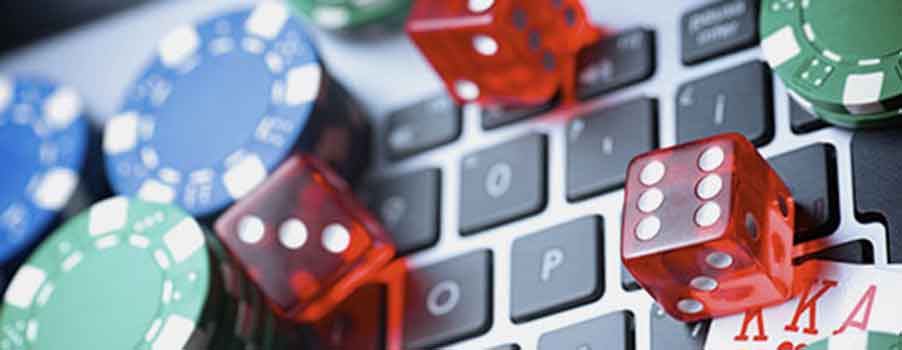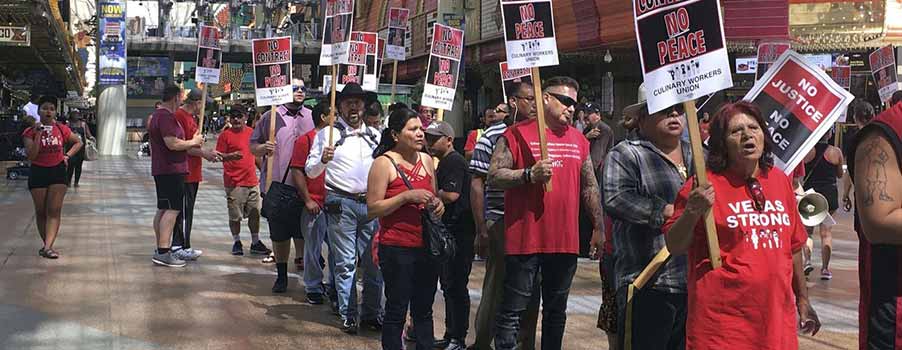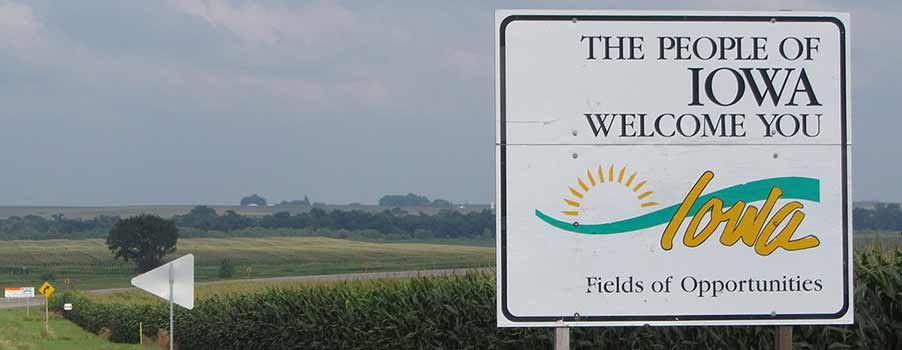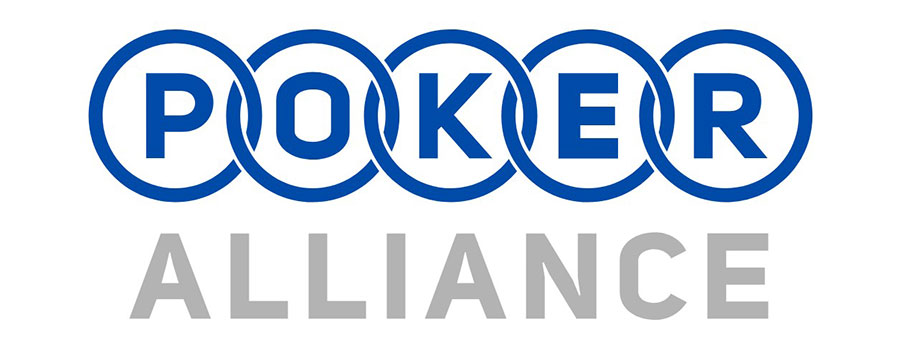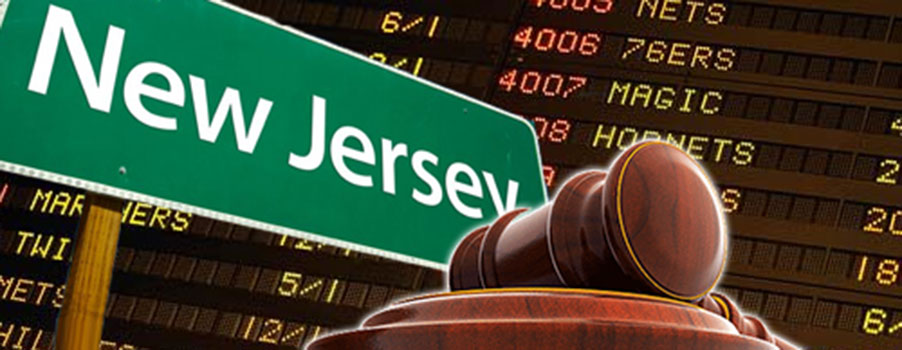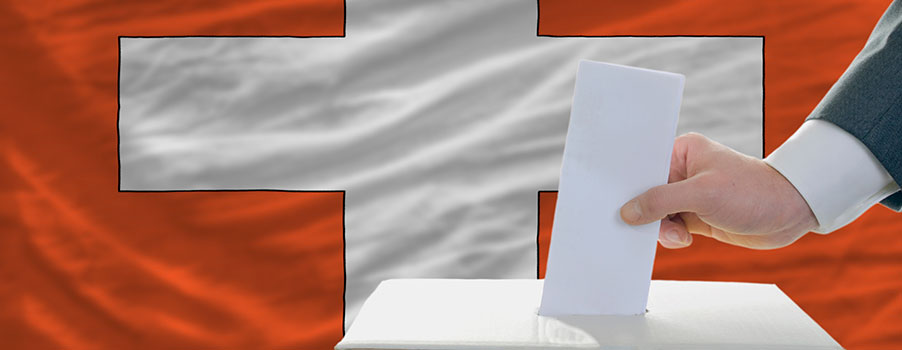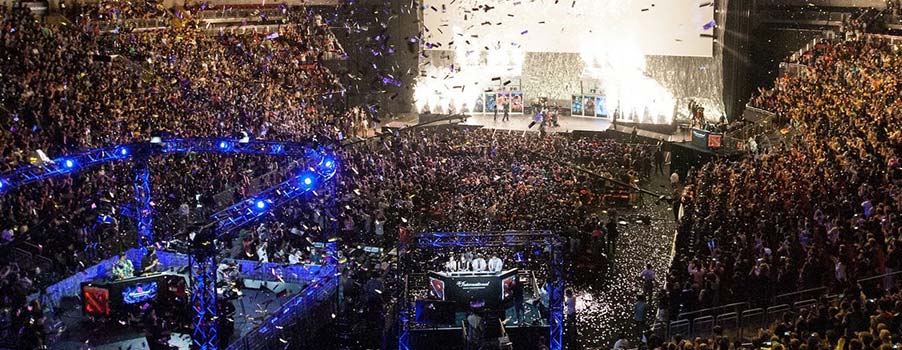Pennsylvania’s gambling industry has seen tremendous growth in the past several months, something that has brought more to the local players and improved the overall conditions of gaming. These developments have necessitated the need for more inspection and a monitoring as a means of ensuring that the necessary regulation of the field as well as the prevention of illegal gambling activities. The measures have been quite successful.
The most recent casualty of the anti-illegal gambling measures is Washington County man who was arrested last Thursday for allegedly running an illegal video gambling operation in a total of 33 bars and clubs for between 2006 and 2017. According to the Josh Shapiro, the state Attorney General, during the 11 years in within which the operation was conducted, its owner, 58-year-old Anthony Zenner, accrued over $7 million in illegal profits.
“Today we’ve ended Tony Zenner’s video gambling operation,” the Attorney General said in the press release. “This defendant raked in millions of dollars in illegal proceeds, draining money from Pennsylvanians – and from the Commonwealth of Pennsylvania — over the last decade. These video poker machines – with the lure of the cash payout – are illegal gambling devices. We’ve taken action with the Pennsylvania State Police to shut his enterprise down.”
Mr. Zenner has been charged with dealing in proceeds or illegal activities and gambling devices as well as being part of a corrupt organization. The Attorney General further confirmed that Zenner’s Zenner Vending operation provided no less than 142 illegal gambling devices to restaurants, bars, and clubs in southwest Pennsylvania for nearly a decade.
The investigation into Zenner’s operations began in January 2016 after a review of gambling devices questionnaire that was completed by the owners of clubs and bars where illegal gambling machines were discovered and used to track down the vendors of the illegal gambling devices. This was then followed by the installation of undercover surveillance on the clubs and bars with illegal gambling machines that were provided by Zenner Vending.
Violation of Pennsylvania Gaming Laws
In the press release, Shapiro further mentioned that Zenner Vending made cash payouts to players who won credits on the illegal gaming machines. These cash payouts coupled with the poker machines that are games of chance made Zenner’s operation a violation of the state laws. Zenner’s machines were also found to contain “knock off” devices as well as an internal accounting feature that kept track of every player’s earned credits and winnings. He would also split the profit of his poker machines with the club, bar and restaurant owner usually one a 50-50 basis – it is estimated that his weekly profits summed up to about $14,470.
“Thanks to strong law enforcement collaboration with our partners in the Pennsylvania State Police and the effective use of a Statewide Investigating Grand Jury, this illegal gambling enterprise is over,” Shapiro added.


